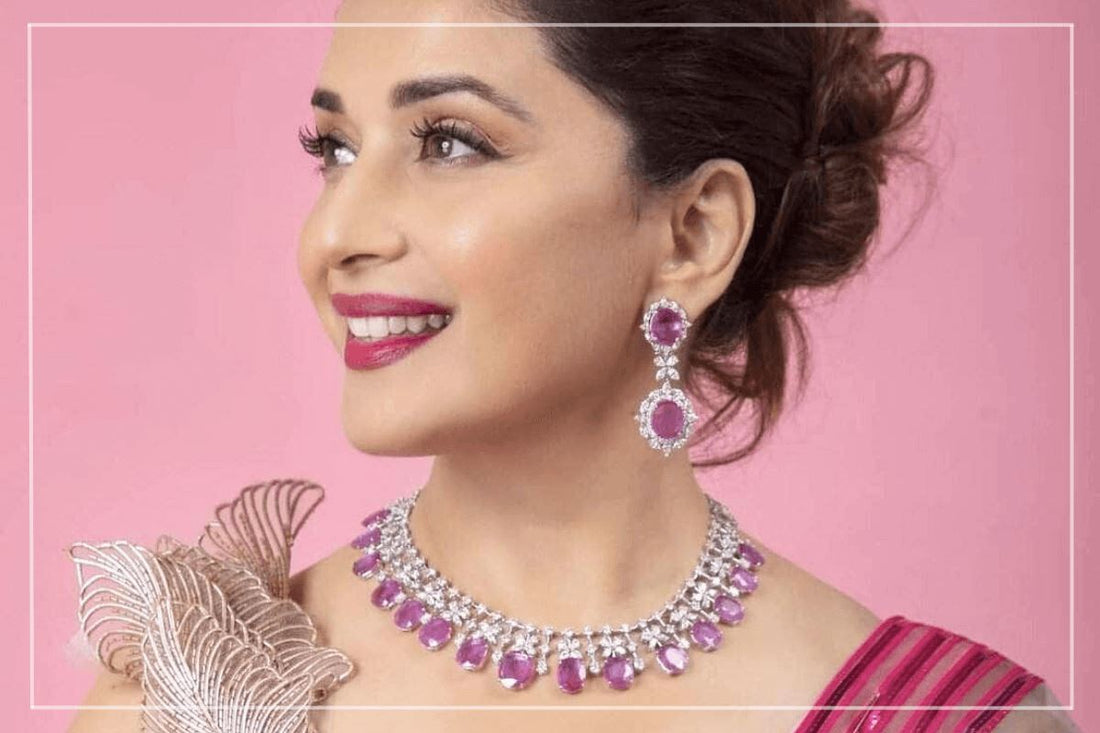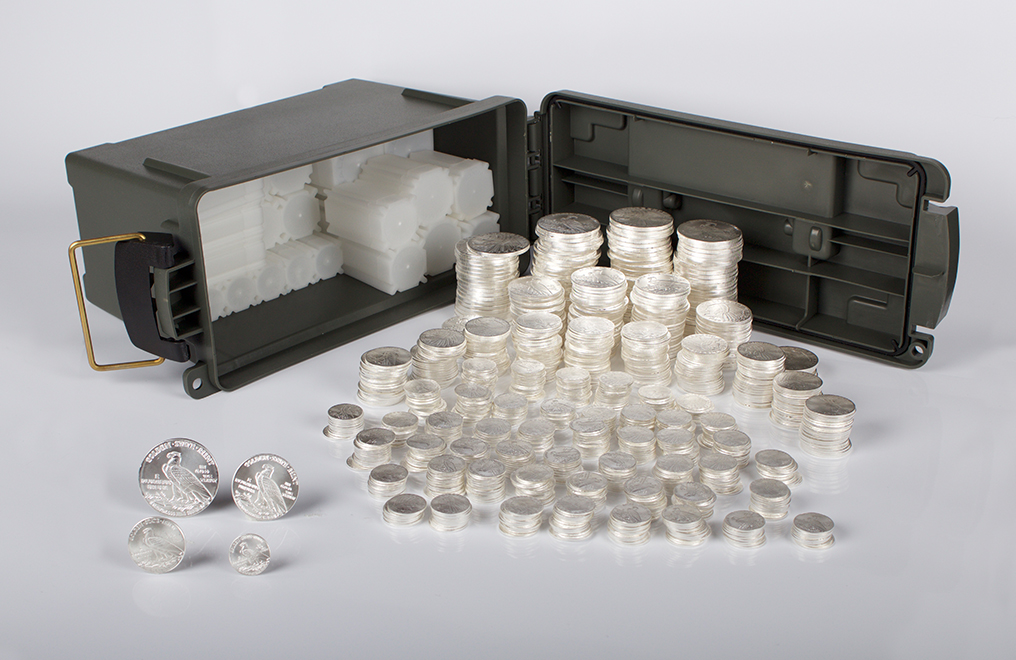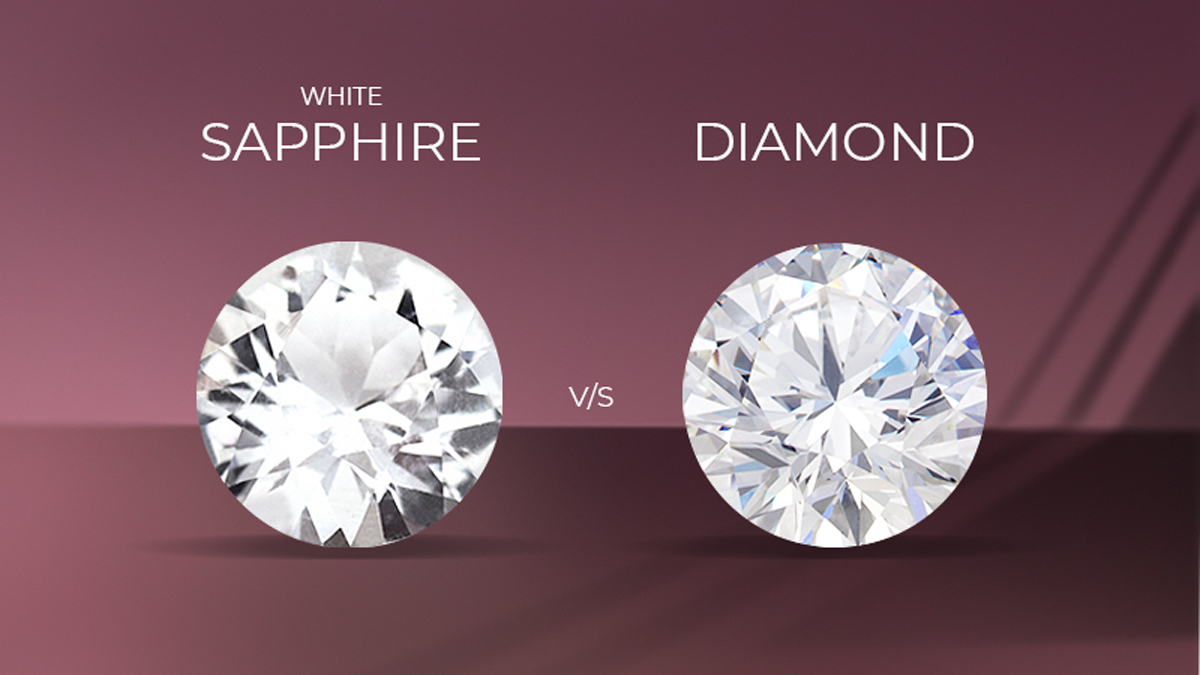When it comes to purchasing gemstones, two of the most popular options are diamonds and moissanites. Both stones have their unique qualities and advantages, making them highly sought after for various types of jewelry, including engagement rings. However, many people are unsure of the differences between the two and whether one might be a better choice over the other. This article delves into the key differences between diamond vs moissanites, helping you make an informed decision when choosing between these two stunning stones.
What is a Diamond?
Diamonds are one of the hardest and most valuable gemstones found in nature. Formed deep within the Earth under extreme pressure and heat, diamonds are primarily composed of carbon atoms arranged in a crystal lattice. Their incredible hardness, scoring 10 on the Mohs scale, makes them ideal for use in rings and other fine jewelry, as they are highly resistant to scratching and damage. Diamonds are also known for their brilliant sparkle and ability to refract light, which is why they are often referred to as “forever stones” due to their lasting value and durability.
When it comes to comparing diamond vs moissanite, diamonds often take the lead in terms of prestige and historical significance. They are widely recognized for their association with luxury and have long been the preferred gemstone for engagement rings and other milestone jewelry pieces.
What is Moissanite?
Moissanite is a gemstone that was first discovered in 1893 by French chemist Henri Moissan. The stone is composed of silicon carbide and is often considered an affordable alternative to diamonds. Though moissanites are not as rare as diamonds, they still possess remarkable brilliance and fire due to their unique crystal structure.
One of the most significant advantages of moissanites lab grown diamonds is their ability to reflect more light. Moissanites have a higher refractive index than diamonds, which results in an extra sparkle that many people find more dazzling than that of a diamond. Because of this, moissanites are often chosen as a budget-friendly option for those who want the look of a diamond but at a more affordable price point.
Diamond vs Moissanite: The Durability Debate
When it comes to durability, both diamonds and moissanites are incredibly strong, though they differ slightly. Diamonds are the hardest known natural material on Earth, making them virtually impervious to scratching. This extreme hardness is one of the key reasons diamonds have been prized for centuries. On the other hand, moissanites are also highly durable, though they rank slightly lower on the Mohs scale with a score of 9.25. This means that moissanites can still withstand everyday wear and tear, but they may be more prone to scratching over time compared to diamonds.
Despite this slight difference, moissanites are still considered highly durable gemstones that are suitable for everyday wear, particularly in engagement rings and other jewelry. The durability of both stones makes them excellent choices for long-lasting pieces that will stand the test of time.
The Appearance: Diamond vs Moissanite
When comparing diamond vs moissanite in terms of appearance, the two stones are strikingly similar but have key differences. The most notable difference is the way each stone interacts with light. Diamonds are known for their brilliance, which is the ability to reflect light back to the eye in a white, sparkling display. Moissanites, however, have even greater brilliance due to their higher refractive index, which can make them appear even more sparkly than diamonds, especially under certain lighting conditions.
Another important consideration when comparing the appearance of diamond vs moissanite is color. While diamonds come in a range of colors, from colorless to yellow or brownish hues, moissanites are typically more colorless. However, some people might notice a slight green or yellowish hue in moissanites, especially under certain lighting. Diamonds, being available in a broader spectrum of colors, offer more options for those looking for specific shades or hues in their gemstone.
Price Comparison: Diamond vs Moissanite
One of the most significant factors that differentiate diamond vs moissanite is the price. Diamonds are typically much more expensive than moissanites due to their rarity and demand. The price of diamonds is largely determined by the Four Cs: carat weight, cut, color, and clarity. Larger, higher-quality diamonds can command astronomical prices, especially when set in designer jewelry.
Moissanites, on the other hand, are considerably more affordable. Although they can still be expensive, their price is typically much lower than that of diamonds with similar size and appearance. This affordability is one of the main reasons why moissanites have become increasingly popular as an alternative to diamonds for engagement rings and other fine jewelry.
Ethical Considerations: Diamond vs Moissanite
Ethical concerns surrounding diamond mining have led many people to reconsider their gemstone choices. The diamond industry has long been associated with environmental damage, exploitation of workers, and the financing of conflicts in some regions of the world. While efforts have been made to ensure that diamonds are ethically sourced through initiatives like the Kimberley Process, many consumers still prefer to avoid diamonds due to these ethical concerns.
Moissanites, however, are lab-grown gemstones that do not have the same ethical issues associated with diamond mining. As they are created in a controlled environment, they do not contribute to environmental degradation or exploitation, making them an attractive option for consumers who are concerned about ethical sourcing.
Which One Should You Choose: Diamond or Moissanite?
The decision between diamond vs moissanite ultimately comes down to your personal preferences and priorities. If you value rarity, tradition, and the enduring legacy of diamonds, a diamond may be the perfect choice for you. On the other hand, if you are looking for a more affordable alternative with exceptional sparkle, durability, and ethical considerations, moissanite might be the better option.
Both stones have their unique advantages, and understanding the key differences can help you make a more informed decision when purchasing your next piece of fine jewelry. Whether you choose a diamond or moissanite, both stones will offer beauty and brilliance that will be treasured for years to come.





